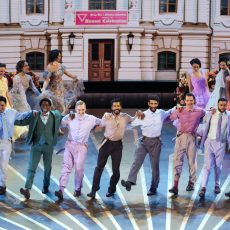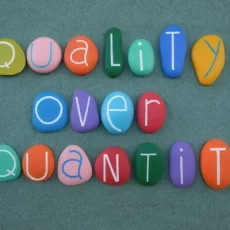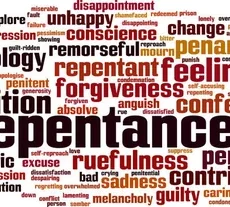When someone dies, we say, “This person is no more.” That is not true. The person is no more the way you know them, but they still very much exist. – Sadhguru
How beautifully Sadhguru has encapsulated death, “This body is a piece of Earth that we have slowly picked up. Whatever we have picked up in our body, we have to drop back atom by atom. When it comes to the mind, the discretionary intellect also gets dropped with the process of death. This whole information that is gathered – the subtler body and the subtler mind and the information that is referred to as karma, the software – is still intact, but the discretion is gone.”
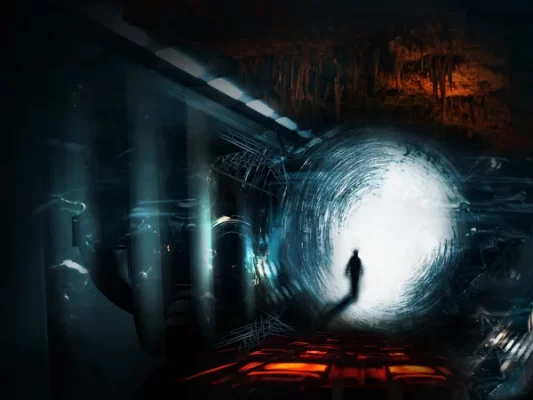
Death, though a painful and sometimes scary thought, has always fascinated humankind. We all want to explore it to the deepest level when we are alive. We are always curious to know what happens when we die. Can we see what is happening to our loved ones? Questions are many but answers are few. Death is the eternal truth, nobody is alive eternally, and everyone dies. We are aware of this fact.
In Hinduism, we believe in the philosophy of rebirth or reincarnation, which is the philosophical or religious concept that an aspect of a living being starts a new life in a different physical body or form after each death. This concept is also known as rebirth or transmigration and is part of the Saṃsāra/karma doctrine of cyclic existence. It is believed by Hindus that humans are in a cycle of death and rebirth called samsara.
This way there is eternal life that follows after death, so when a person dies his soul moves on to another world. Most Hindus believe that humans are in a cycle of death and rebirth called samsara. When a person dies, their atman (soul) is reborn in a different body. Some believe rebirth happens directly at death, others believe that an atman may exist in other realms.
So, how do you come to know that death is nearing?
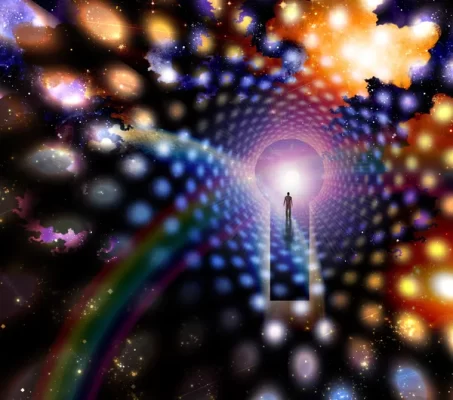
When death approaches, your body’s vital functions stop entirely. Your heart no longer beats, your breath stops, and your brain stops functioning. Studies suggest that brain activity may continue several minutes after a person has been declared dead. Still, brain activity isn’t the same as consciousness or awareness.
To add here, when we know that death is not far, breathing usually slows down and becomes irregular. It might stop and then start again or there might be long pauses or stops between breaths. This is known as Cheyne-Stokes breathing. This can last for a short time or a long time before breathing finally stops.
When we die, our spirit and body separate. Even though our body dies, our spirit—which is the essence of who we are—lives on. Our spirit goes to the spirit world. The spirit world is a waiting period until we receive the gift of resurrection when our spirits will reunite with our bodies.
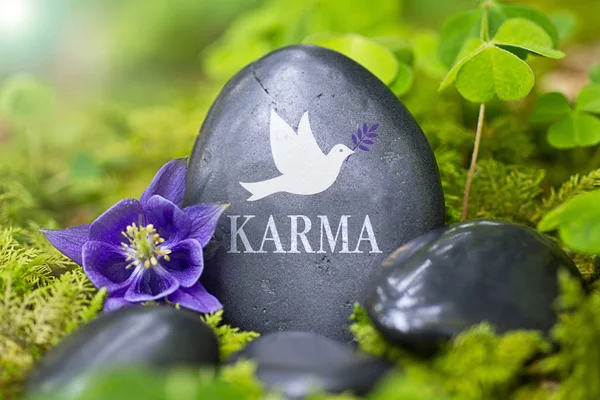
There is another doctrine described in the Vedas about death. Historically, in the Vedas, we do not find a clear reference to rebirth. There is a reference to how our body, after it dies, returns to nature, just like the primordial Purusha: so, his eye becomes the sun, his breath becomes the wind. There is a reference to something that outlives death: atman, jiva, manas, prana.
Another doctrine is that rebirth or moksha is decided by our karmas by way of life on earth. The good deeds we did on earth decide our gateway to rebirth or moksha. So, what is moksha and how do you get it?
Moksha is the end of the death and rebirth cycle and is classed as the fourth and ultimate artha (goal). It is the transcendence of all arthas. It is achieved by overcoming ignorance and desires. It is a paradox in the sense that overcoming desires also includes overcoming the desire for moksha itself.
The simple answer is, we can either be reborn (punar-janma) and experience life once again, or be liberated (moksha) from the cycle of rebirth (samsara). However, the answer is a bit more complex if we see it geographically and historically.
Around the world, what happens after death can be divided into two schools. Those who believe you live only once and those who believe you live multiple lives.
Those who believe you live only once have broadly three schools — those who believe death is the end, nothing else after that; those who believe after death you go to the land of the dead and stay in this afterlife forever; and those who believe after death you go to either heaven, where you enjoy the rest of eternity, or to hell, where you suffer for all eternity (or maybe until you have been adequately punished and are ready to join the rest in heaven).
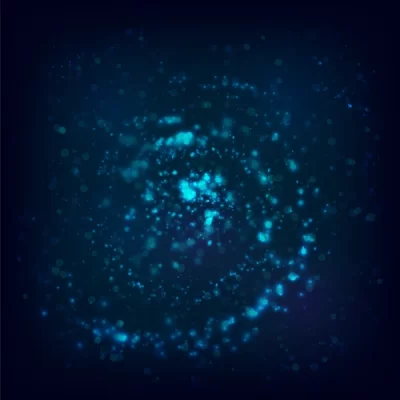
Those who believe in rebirth believe you keep coming back from the land of the dead (pitr-loka) to the land of the living (bhu-loka) until you learn the ultimate lesson after which you no longer feel the need for a body. There are variations on this, where you are punished for various crimes in hell (naraka-loka) before you are ready to be reborn, or where you enjoy heaven (swarga-loka) until it is time for you to return to earth once again.
This way your karma decides what fate you meet after death.
So don’t think too much about it, live happily, spread happiness, and HappyHo.

